Books & Publications
Lighting A Fire in The Mind and Heart

A book about finding your creative power.
“There’s a creative fire inside you ready to happen. You can’t see it or touch it, but sometimes you feel it.”
A quarter century ago, as a blocked and frustrated writer, I stumbled on a method that transformed my process and put me on the road to becoming a freelance writer . . . and later, an artist, presenter, and creative adventurer. My insights led me to design “Wildfire Writing,” a class which for the past 27 years has helped writers and artists find boldness and freedom.
I’ve revealed these principles in Burn Wild: A Writer’s Guide to Creative Breakthrough.
Burn Wild: A Writer’s Guide to Creative Breakthrough is rich with inspiration, exercises, and a novel approach to your creativity. Available at Powell’s, Amazon, and other booksellers, in paperback and e-book.

I invent and explore for many different kinds of readers—but always for myself. More than a hundred of my stories, essays, poems, and articles have been published in literary journals and national magazines. Here are my most recent pieces.
“The Invitation” The Dewdrop – essay
“Girl U Want” Dappled Things – fiction (print only)
“Mount Sigh” Griffel – fiction+poetry hybrid
“Charmed” Quarter(ly) Press, Laughter & Tears 8, Vol II – fiction
“Starlet” Kerning – creative nonfiction
“Nocturnal Lagophthalmos” The Good Life Review – creative nonfiction
“After the Kiss” Back Channels Journal Issue 11 – fiction
“Souls for Sale” The Saturday Evening Post – fiction
“Party Favors” The Saturday Evening Post – fiction
“How to Survive Third Grade Summer” GRIFFEL – creative nonfiction
“Sassy” GRIFFEL – creative nonfiction
“Wolfsblume” Kosmos Journal – poem
“This Wintering House” – Halfway Down the Stairs – poem
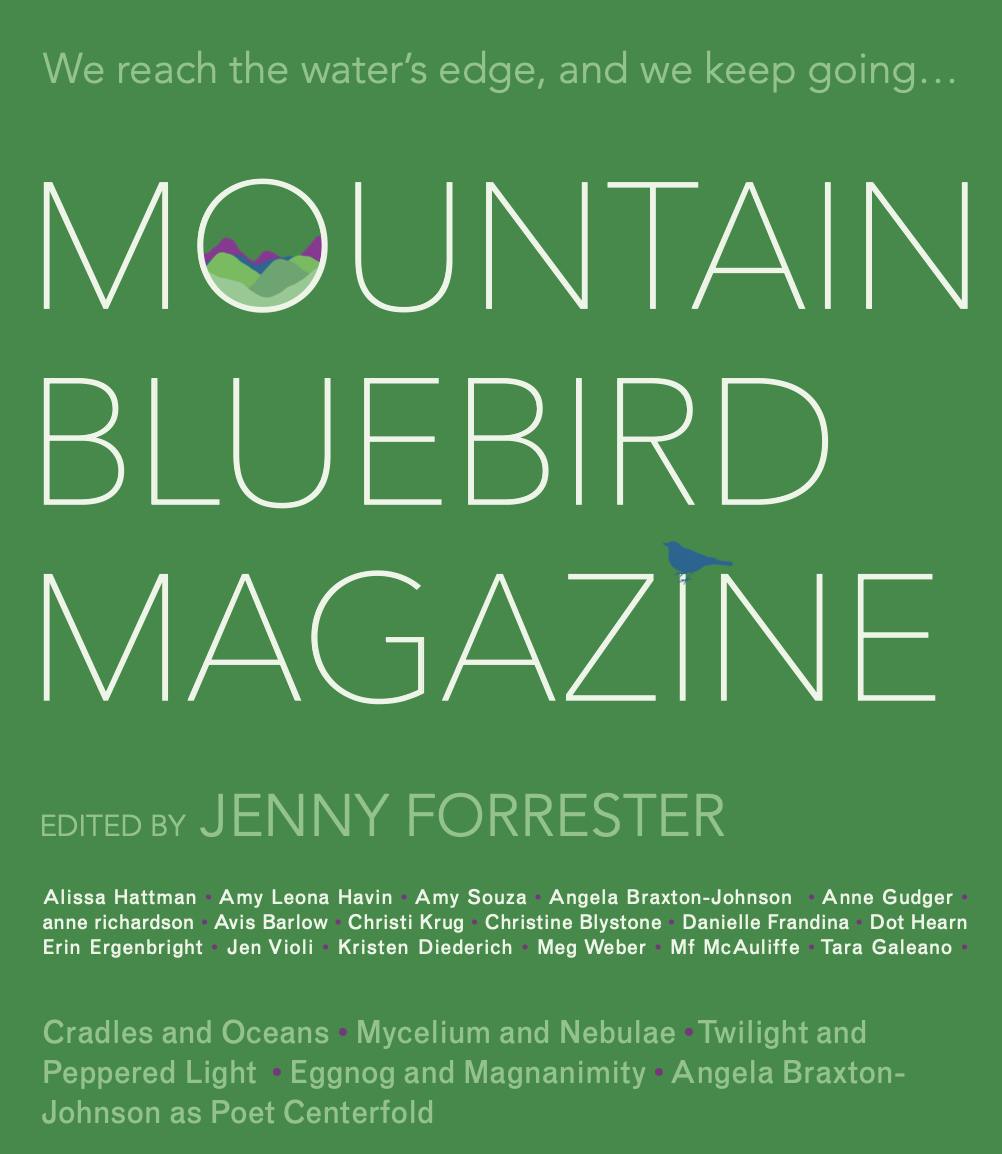
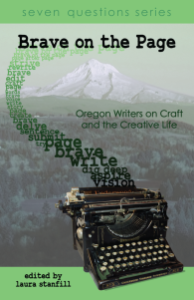
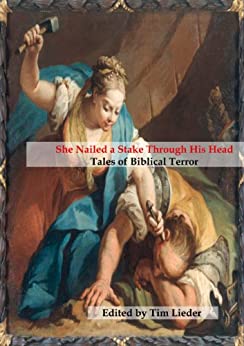
 Delighted to have an essay in the April 2023 issue of Mountain Bluebird, published by superhero writer-editor-coach Jenny Forrester.
Delighted to have an essay in the April 2023 issue of Mountain Bluebird, published by superhero writer-editor-coach Jenny Forrester.
My writing has appeared in the anthologies: Brave On The Page and The Night, The Rain, and The River both from Forest Avenue Press; Drawn to Marvel: Poems from the Comic Books; The No Box Can Hold Anthology; Ghost Town Poetry Volume 1 as well as Ghost Town Poetry Volume 2; VoiceCatcher 3, VoiceCatcher 5, She Nailed a Stake Through His Head: Tales of Biblical Terror.
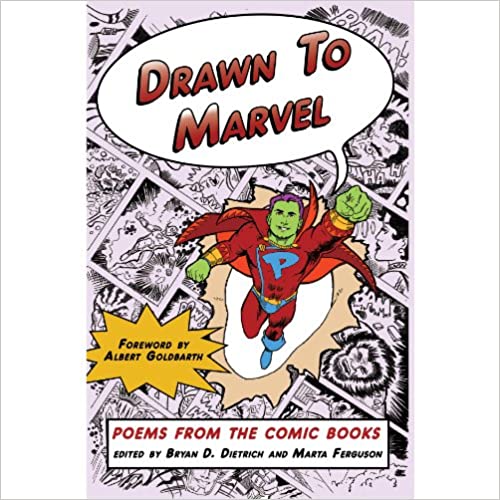
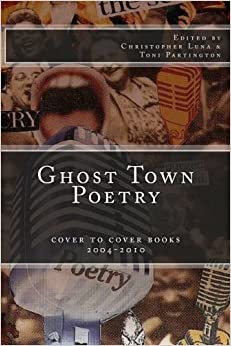 You Don’t See the Ghost at First is my chapbook of autobiographical poems and flash prose pieces which have been presented throughout the Pacific Northwest and performed everywhere from ballrooms to libraries. I’ve shared this book as featured guest on The Florence Poetry Society and other shows.
You Don’t See the Ghost at First is my chapbook of autobiographical poems and flash prose pieces which have been presented throughout the Pacific Northwest and performed everywhere from ballrooms to libraries. I’ve shared this book as featured guest on The Florence Poetry Society and other shows.
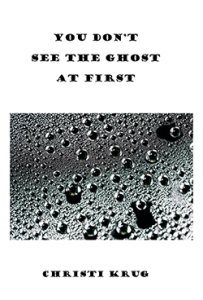
I was honored as a Centrum 2022 Emerging Writer, an acknowledgment of the work I’ve done behind the scenes.
In April 2023, I reached the milestone of 140 publishing credits in magazines, journals, and anthologies.

